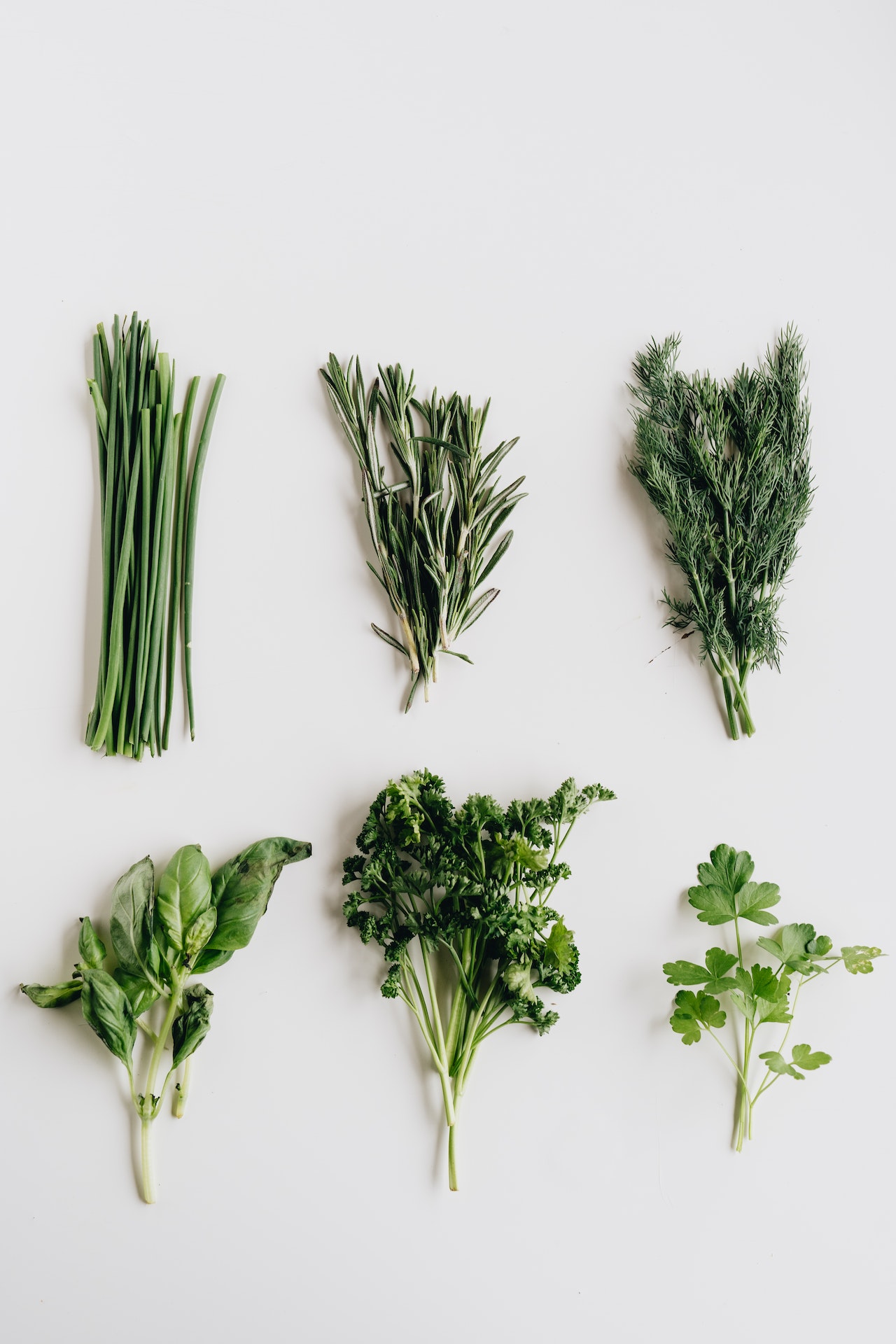Herbs may contain allergens that can cause allergic reactions in some people. Here are some of the possible allergens that may be present in herbs.


It is important to note that allergies can vary individually, and not all people will react the same way to the same spices. If you suspect you are allergic to certain herbs, it is advisable to have an allergy test performed by an allergist or health care provider with expertise in allergies. They can help you identify specific allergens and advise on the proper steps you can take to avoid allergic reactions.

When choosing herbs and spices, it is important to aim for the highest quality. Look for organic and sustainably grown options to ensure you get purity and nutritional value without unwanted additives. Embark on a flavorful journey and embrace the power of herbs and spices for a healthier and more fulfilling life. Enjoy their rich aroma, improve your health and delight your senses. Your well-being deserves the very best natural care the world has to offer!